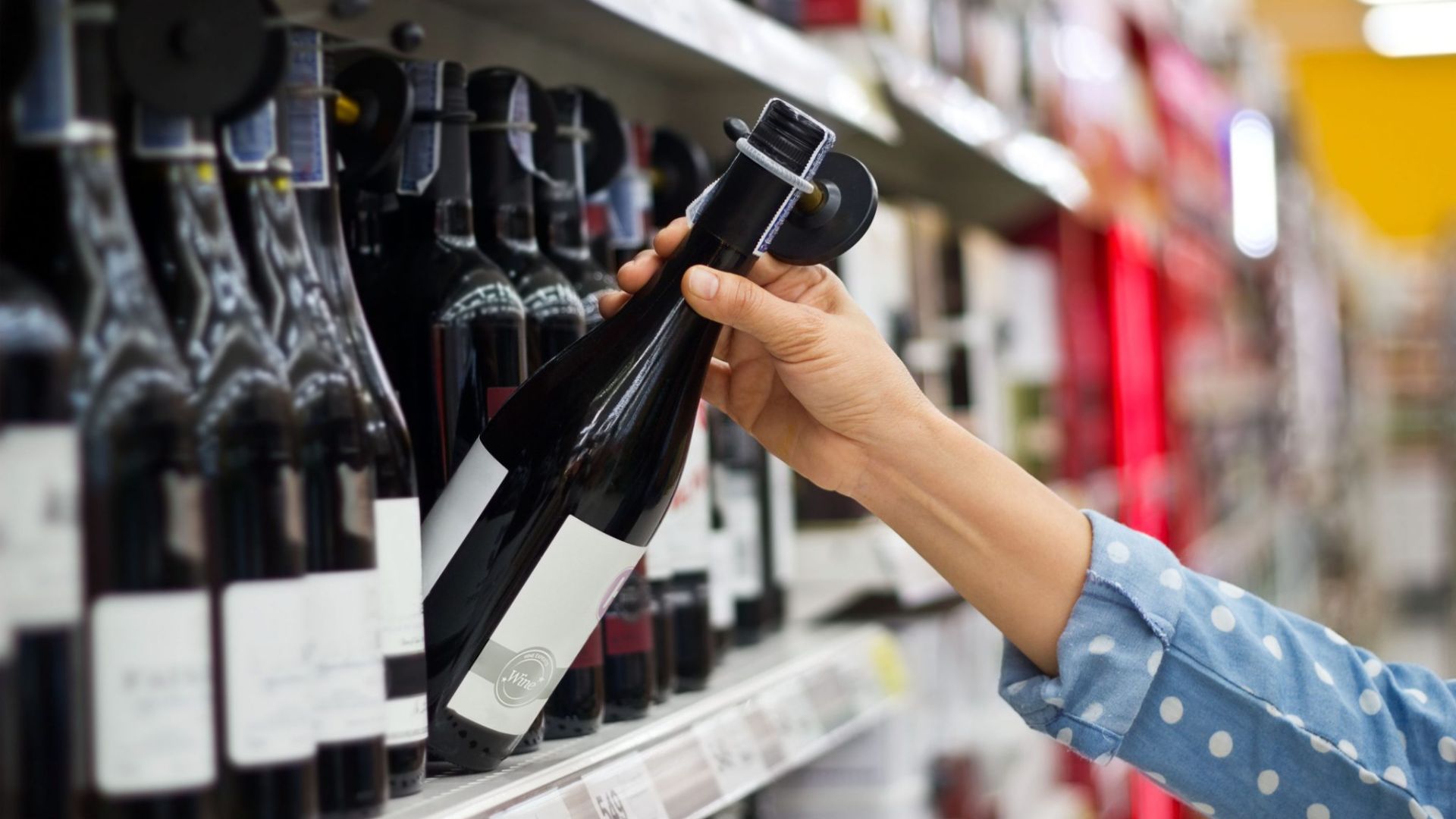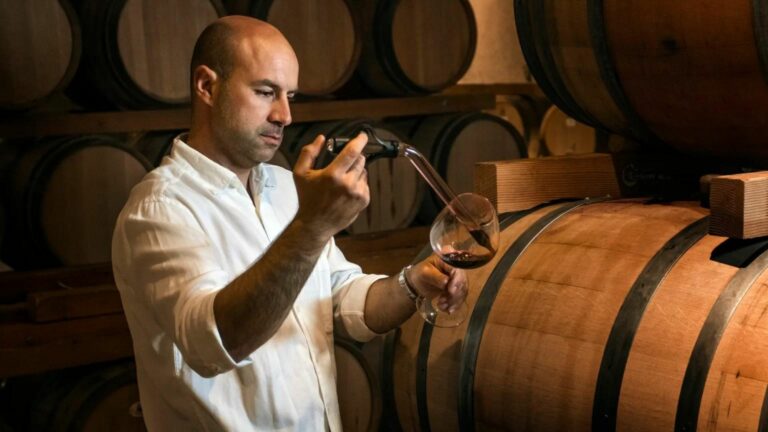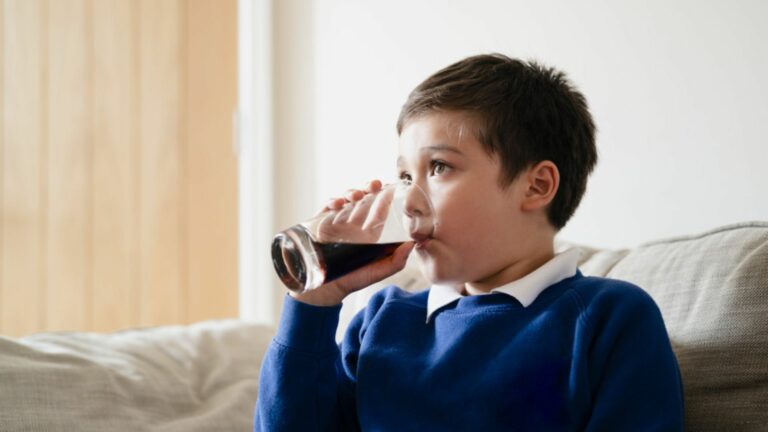As parents, it’s essential to instill in our children a healthy understanding of alcohol and responsible drinking from an early age. Wine, like any alcoholic beverage, warrants careful discussion and education to ensure that children develop informed attitudes and behaviors towards alcohol consumption. In this blog post, we’ll explore key topics and strategies for parents to teach their kids about responsible wine consumption, fostering a lifelong commitment to moderation, safety, and mindfulness.
Understanding Alcohol and its Effects
The first step in teaching kids about wine consumption is helping them understand what alcohol is and how it affects the body and mind. Start by explaining that alcohol is a substance that can change how a person feels and acts, and that it can have different effects depending on factors such as the amount consumed, the individual’s size and weight, and their tolerance level. Discuss the potential risks and consequences of alcohol use, including impaired judgment, coordination, and decision-making skills, as well as the potential for addiction and long-term health problems.
Modeling Responsible Drinking Behaviors
Parents play a crucial role in shaping their children’s attitudes and behaviors towards alcohol through their own actions and behaviors. Model responsible drinking behaviors by demonstrating moderation, mindfulness, and respect for alcohol. Avoid excessive drinking and never drink to the point of intoxication, especially in front of children. Teach kids that drinking should be a choice made consciously and responsibly, and that it’s okay to abstain from alcohol altogether if they don’t feel comfortable or if it conflicts with their values and beliefs.

Setting Clear Expectations and Boundaries
Establish clear expectations and boundaries around alcohol use with your children, emphasizing the importance of following legal drinking age laws and respecting family rules and values. Discuss the consequences of underage drinking, both in terms of legal ramifications and potential health and safety risks. Encourage open and honest communication about alcohol, and create a safe and supportive environment where children feel comfortable asking questions and expressing their concerns or opinions about alcohol and its use.
Promoting Mindful Consumption and Moderation
Teach children about the concept of mindful consumption and moderation when it comes to alcohol. Emphasize the importance of pacing oneself, knowing one’s limits, and recognizing when to stop drinking. Discuss strategies for staying safe and making responsible choices when drinking, such as alternating alcoholic drinks with water, eating food while drinking, and knowing when to say no to another drink. Encourage kids to trust their instincts and listen to their bodies, and remind them that it’s always okay to decline alcohol if they don’t feel comfortable or if they’re in a situation where alcohol is being pressured or forced upon them.
Educating About Cultural and Social Contexts
Finally, teach children about the cultural and social contexts surrounding alcohol consumption, including the role of wine in different cultures and traditions. Discuss how alcohol is often used in social settings and celebrations, but also emphasize the importance of making independent and informed choices about alcohol use. Encourage kids to be critical thinkers and to consider the social and peer pressure factors that may influence their decisions about alcohol. By educating children about the cultural and social aspects of alcohol, parents can help them develop a nuanced understanding of alcohol use and its place in society.
Conclusion
In conclusion, teaching kids about responsible wine consumption is an important and ongoing conversation that requires patience, honesty, and guidance from parents. By helping children understand the effects of alcohol, modeling responsible drinking behaviors, setting clear expectations and boundaries, promoting mindful consumption and moderation, and educating about cultural and social contexts, parents can empower their children to make informed and responsible choices about alcohol throughout their lives. With open communication and a supportive environment, parents can help their children develop healthy attitudes and behaviors towards alcohol and set them on a path towards a lifetime of responsible drinking habits.










